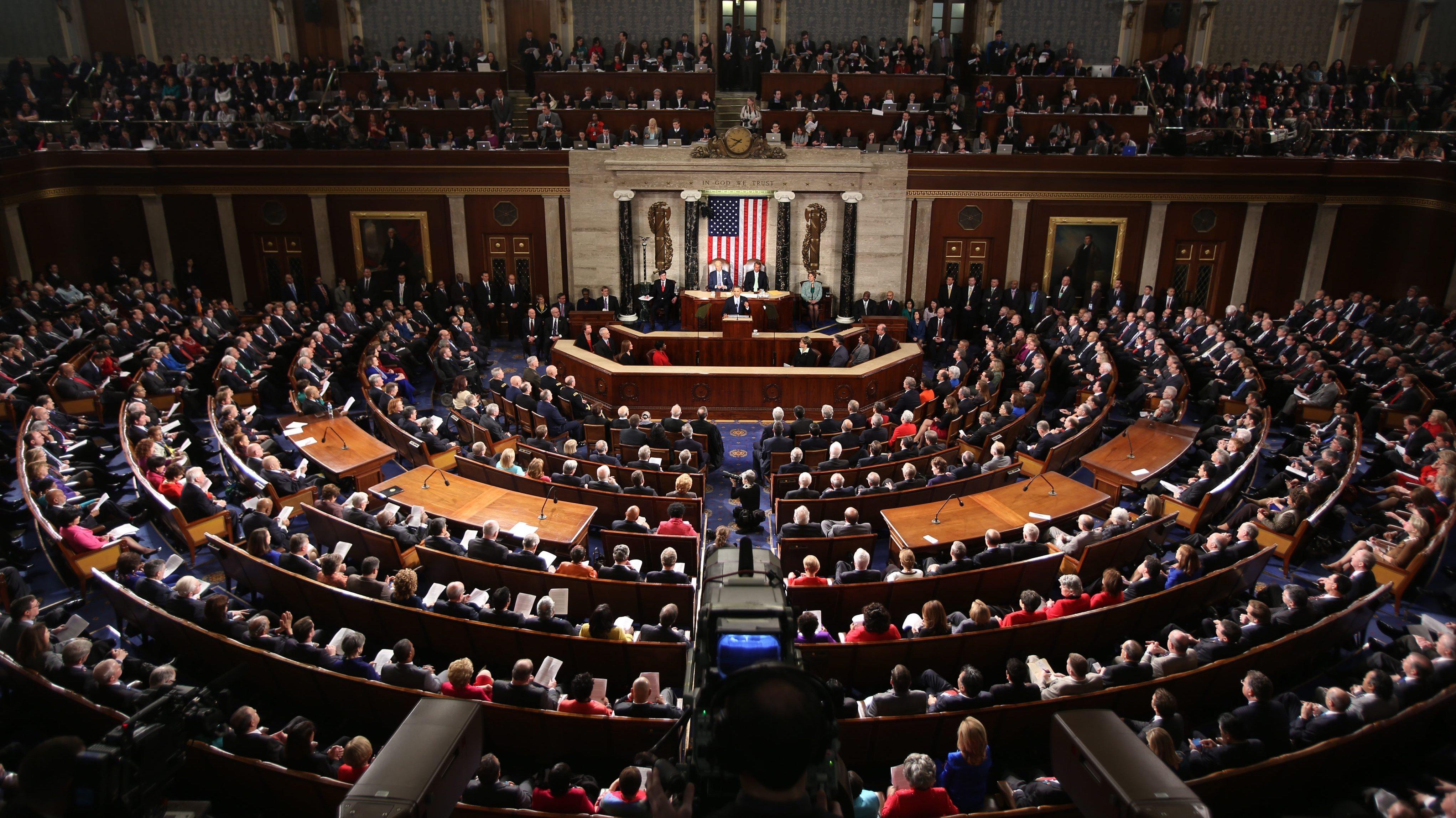WASHINGTON, Nov. 14 (Xinhua) -- The U.S. House of Representatives easily passed a defense policy bill worth nearly 700 billion U.S. dollars on Tuesday for the 2018 fiscal year.
The Republican-controlled House voted 356-70 to approve the 692-billion-dollar compromise National Defense Authorization Act (NDAA) reached after negotiations between the House and Senate.
The annual NDAA, a substantial increase over the 2017 funding of 619 billion dollars, which authorizes the level of defense spending and sets policies over how the money is spent, would earmark 626.4 billion dollars for the base defense budget and 65.7 billion dollars for war operations.
The NDAA also puts forward a spate of measures, including a 2.4-percent pay raise for service members, an increase of active duty and reserve troops across the services, beefed-up missile defense, enhanced operations in Afghanistan, and more purchases of weapons and military equipment.
The bill, which tallies nearly five percent more than U.S. President Donald Trump's 603 billion dollars budget request, will take effect after it passes the Senate, also controlled by the Republicans, and is signed into law by the president.
But the spending will be automatically cut if there is no deal in Congress to raise budget caps, which the proposed funding bursts through, under the rules of sequestration.
Mac Thornberry, chairman of the House Armed Service Committee, on Tuesday urged Congress to work out an appropriations bill to pave the way for the NDAA.
"Securing those appropriations must be Congress' top priority before the year ends," the Republican representative said in a statement.
But Republicans are expected to face an uphill battle in the Senate as Democrats may not agree to an increase in military funding at the cost of curbing spending on non-defense programs.
The United States outpaces all other countries in military spending. With a 700-billion-dollar budget, the U.S. military spending would exceed the total spending of its next ten rivals put together, going off of 2016 military spending estimates from the Stockholm International Peace Research Institute.
